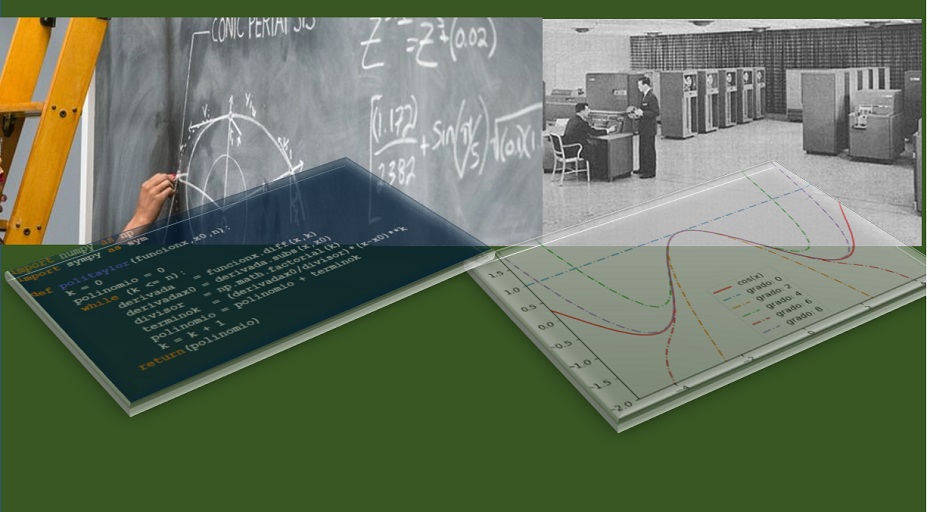Para sistemas de ecuaciones diferenciales ordinarias con condiciones de inicio en x0, y0, y’0
\frac{\delta ^2 y}{\delta x^2} = \frac{\delta y}{\delta x} + etcForma estandarizada de la ecuación:
y'' = y' + etcse convierte a:
z= y' = f_x(x,y,z) z' = (y')' = z + etc = g_x(x,y,z)con las condiciones de inicio en x0, y0, z0
y se pueden reutilizar los métodos para primeras derivadas, por ejemplo Runge-Kutta de 2do y 4to orden.
Runge-Kutta 2do Orden tiene error de truncamiento O(h3)
Runge-Kutta 4do Orden tiene error de truncamiento O(h5)
Runge-Kutta 2do Orden d2y/dx2 en Python:
import numpy as np def rungekutta2_fg(f,g,x0,y0,z0,h,muestras): tamano = muestras + 1 estimado = np.zeros(shape=(tamano,3),dtype=float) # incluye el punto [x0,y0,z0] estimado[0] = [x0,y0,z0] xi = x0 yi = y0 zi = z0 for i in range(1,tamano,1): K1y = h * f(xi,yi,zi) K1z = h * g(xi,yi,zi) K2y = h * f(xi+h, yi + K1y, zi + K1z) K2z = h * g(xi+h, yi + K1y, zi + K1z) yi = yi + (K1y+K2y)/2 zi = zi + (K1z+K2z)/2 xi = xi + h estimado[i] = [xi,yi,zi] return(estimado)
Runge-Kutta 4do Orden d2y/dx2 en Python:
def rungekutta4_fg(fx,gx,x0,y0,z0,h,muestras): tamano = muestras + 1 estimado = np.zeros(shape=(tamano,3),dtype=float) # incluye el punto [x0,y0] estimado[0] = [x0,y0,z0] xi = x0 yi = y0 zi = z0 for i in range(1,tamano,1): K1y = h * fx(xi,yi,zi) K1z = h * gx(xi,yi,zi) K2y = h * fx(xi+h/2, yi + K1y/2, zi + K1z/2) K2z = h * gx(xi+h/2, yi + K1y/2, zi + K1z/2) K3y = h * fx(xi+h/2, yi + K2y/2, zi + K2z/2) K3z = h * gx(xi+h/2, yi + K2y/2, zi + K2z/2) K4y = h * fx(xi+h, yi + K3y, zi + K3z) K4z = h * gx(xi+h, yi + K3y, zi + K3z) yi = yi + (K1y+2*K2y+2*K3y+K4y)/6 zi = zi + (K1z+2*K2z+2*K3z+K4z)/6 xi = xi + h estimado[i] = [xi,yi,zi] return(estimado)
Una aplicación del algoritmo en Señales y Sistemas:
LTI CT – Respuesta entrada cero – Desarrollo analítico, TELG1001-Señales y Sistemas
